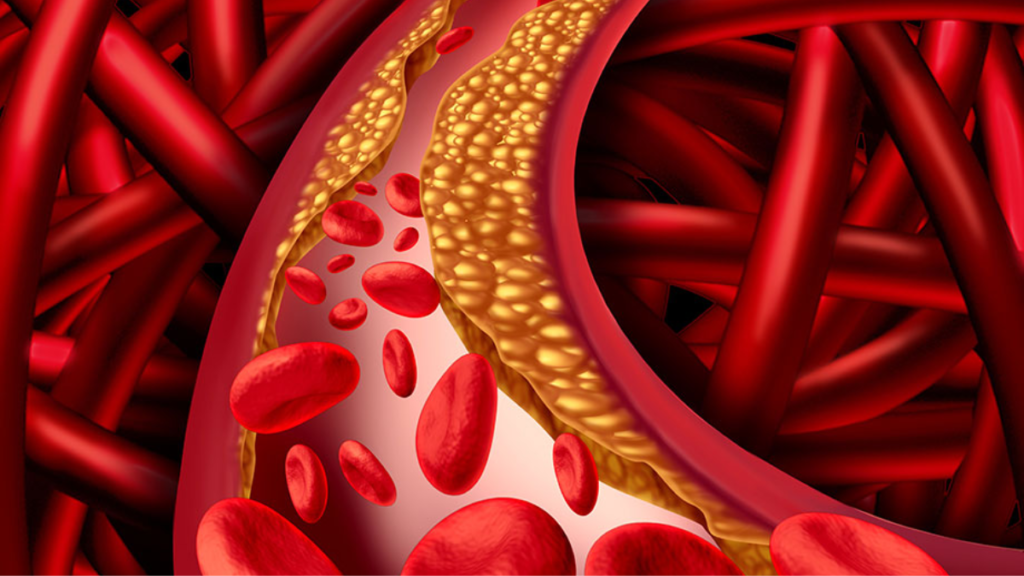Introduction
Cholesterol is a topic that’s often discussed in the context of heart health, but many people remain unsure about the precise connection between cholesterol and heart disease. In this blog, we’ll dive deep into this important link, providing you with the knowledge you need to make informed choices for a healthier heart.
Understanding Cholesterol
Cholesterol is a fatty substance found in your blood, and it plays a crucial role in various bodily functions. However, it’s not cholesterol itself that’s the problem—it’s the type and amount of cholesterol in your blood that matters.
Types of Cholesterol
Low-Density Lipoprotein (LDL):
Often referred to as “bad” cholesterol, LDL cholesterol can build up in the arteries, forming plaque that narrows and hardens them. This buildup can restrict blood flow and increase the risk of heart disease.
High-Density Lipoprotein (HDL):
Known as “good” cholesterol, HDL cholesterol helps remove excess LDL cholesterol from the bloodstream, carrying it to the liver for processing and elimination. High levels of HDL are associated with a lower risk of heart disease.

The Cholesterol-Heart Disease Connection
The link between cholesterol and heart disease is rooted in the buildup of LDL cholesterol in your arteries. This accumulation of plaque can lead to atherosclerosis, a condition where your arteries become narrowed and less flexible. Over time, atherosclerosis can cause a range of cardiovascular problems, including:
Coronary Artery Disease:
The narrowing of the coronary arteries can reduce blood flow to the heart muscle, leading to chest pain (angina) or even heart attacks.

Peripheral Artery Disease:
When the arteries in your legs, arms, or neck become clogged, it can result in reduced blood flow, causing pain, numbness, and increased risk of blood clots.
Stroke:
Atherosclerosis in the carotid arteries can lead to a stroke if a clot or plaque fragment blocks blood flow to the brain.

Preventing Heart Disease
The good news is that you can take steps to reduce your risk of heart disease by managing your cholesterol levels. Here’s what you can do:
Healthy Diet:
Focus on a diet rich in fruits, vegetables, whole grains, and lean proteins. Reduce saturated and trans fats, as they can increase LDL cholesterol levels.

Regular Exercise:
Engage in physical activity for at least 150 minutes of moderate-intensity exercise or 75 minutes of vigorous exercise per week. Exercise can help raise HDL cholesterol levels.

No Smoking:
Smoking lowers HDL cholesterol and damages your arteries. Quitting smoking can significantly improve your heart health.

Moderate Alcohol Consumption:
If you choose to consume alcohol, do so in moderation. It can raise HDL cholesterol, but excessive drinking can have adverse effects.

Maintain a Healthy Weight:
Losing excess weight, especially around your midsection, can improve your cholesterol profile.

Conclusion
Understanding the link between cholesterol and heart disease is crucial for maintaining a healthy heart. By focusing on a heart-healthy diet, regular exercise, avoiding smoking, and maintaining a healthy weight, you can reduce your risk of heart disease. Regular check-ups with your healthcare provider will help you monitor your cholesterol levels and make informed decisions about your heart health. Remember, knowledge is power when it comes to your well-being, so stay informed and make choices that support a heart-healthy lifestyle.










